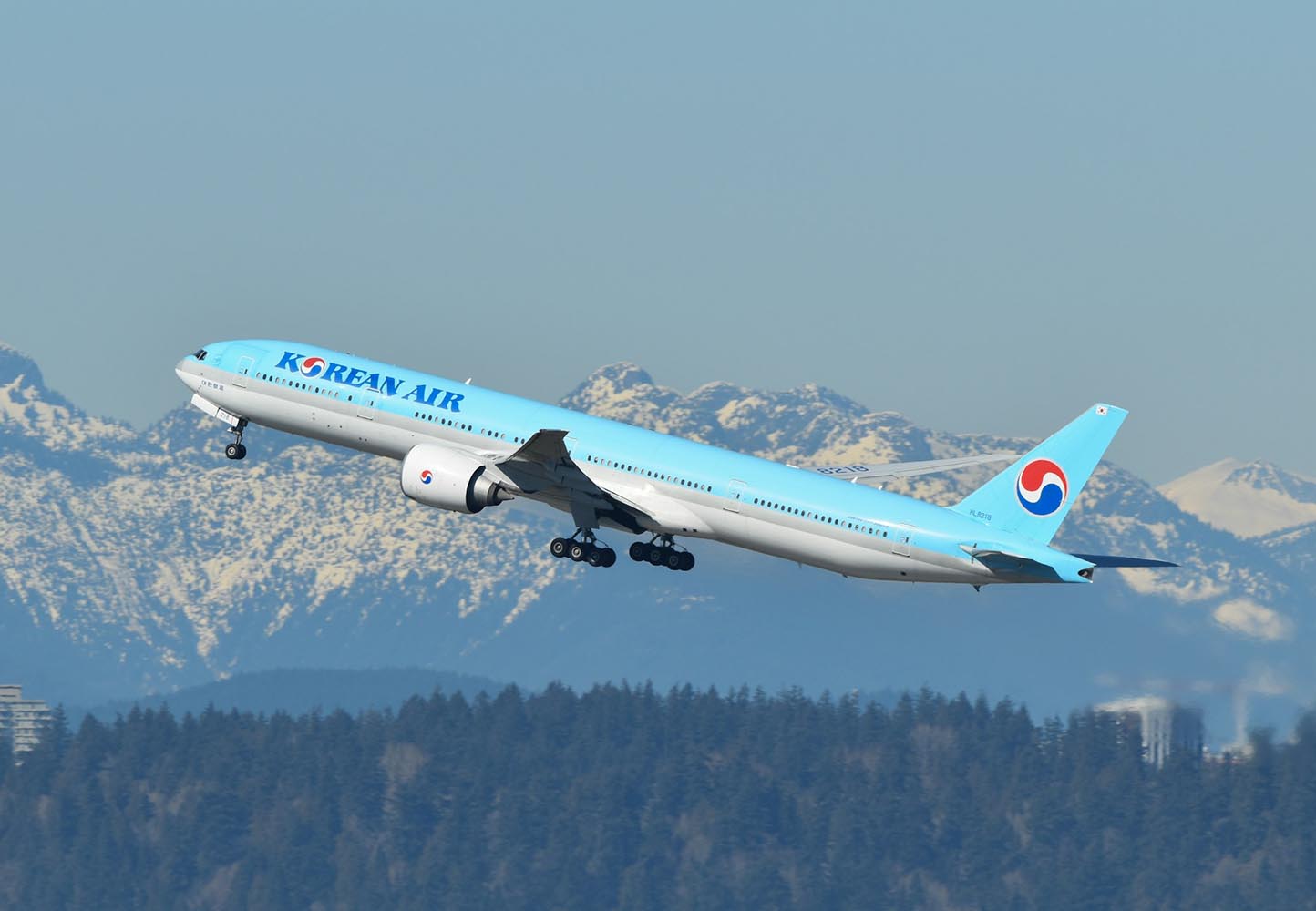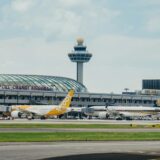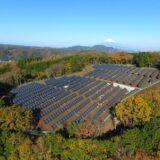
South Korea enacts law to boost sustainable aviation fuel
South Korea’s oil refining industry is set for a significant transformation with the enactment of the “Petroleum and Petroleum Alternative Fuel Business Act” on August 7. This legislation aims to enhance the production of sustainable aviation fuel (SAF), a crucial step towards achieving carbon neutrality in the aviation sector.
SAF, which can reduce carbon emissions by up to 80% compared to traditional aviation fuels, is gaining global traction. The European Union has mandated a minimum of 2% SAF blending by 2025, with plans to increase this to 70% by 2050, while the United States is promoting SAF through tax incentives.
Key developments in South Korea
– S-Oil Initiatives: S-Oil has pioneered the use of bio raw materials, such as waste cooking oil, in its refining processes. It achieved ISCC CORSIA certification for SAF production in April and has partnered with Korea University to develop euglena-based bio aviation fuel.
– HD Hyundai Oilbank: Last month, HD Hyundai Oilbank exported SAF for the first time, supplying it to Marubeni, a Japanese trading company. This milestone enhances South Korea’s role in the global SAF market.
Market projections and impact
The SAF market is expected to grow significantly, with projections indicating an increase from KRW1 trillion (USD) in 2021 to KRW29 trillion (USD) by 2027. By 2070, bio aviation fuel is anticipated to account for 35% of total aviation fuel, up from 0.01% in 2020.
The new legislation is poised to accelerate the SAF business among domestic refiners, aligning with global efforts to combat climate change. Professor Kim Jae-hoon from Sungkyunkwan University emphasised the need for advanced technologies to meet 2050 SAF targets, highlighting the importance of innovations beyond current methods like coprocessing and hydrogenation of fats and oils.
South Korea’s initiatives, driven by the Paris Agreement’s goals for global carbon neutrality, position the country as a significant player in the SAF market. The development and commercialisation of SAF are expected to play a critical role in mitigating aviation’s environmental impact.













